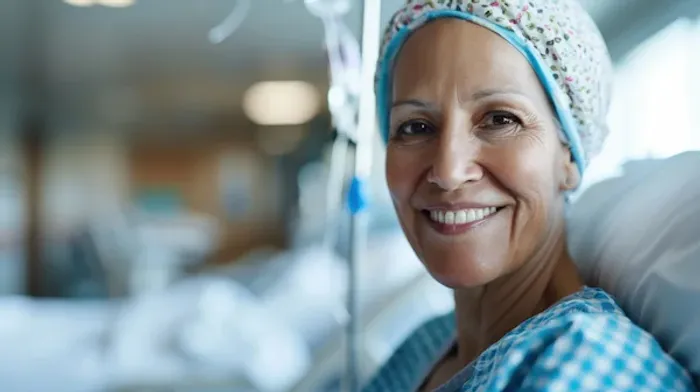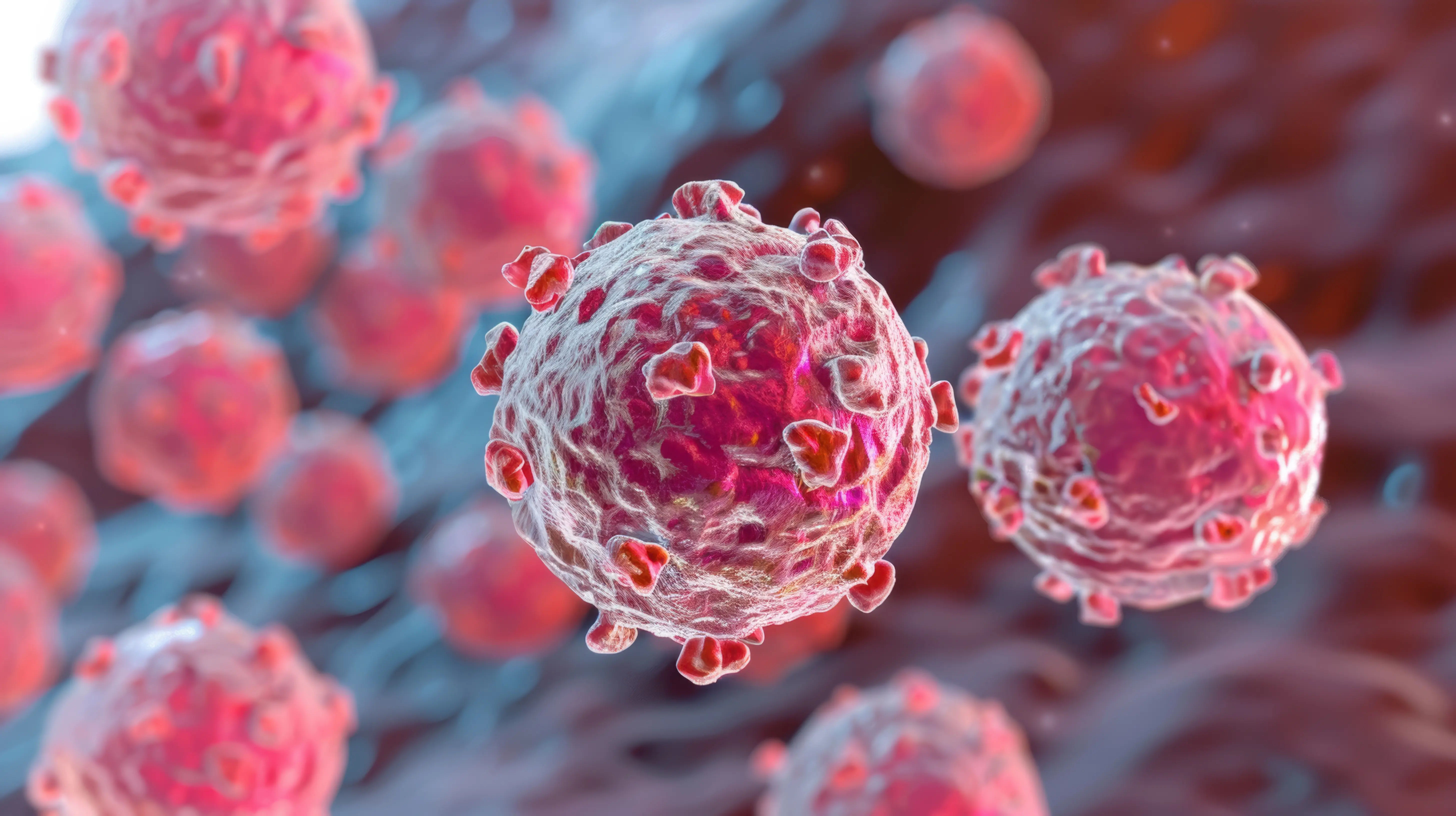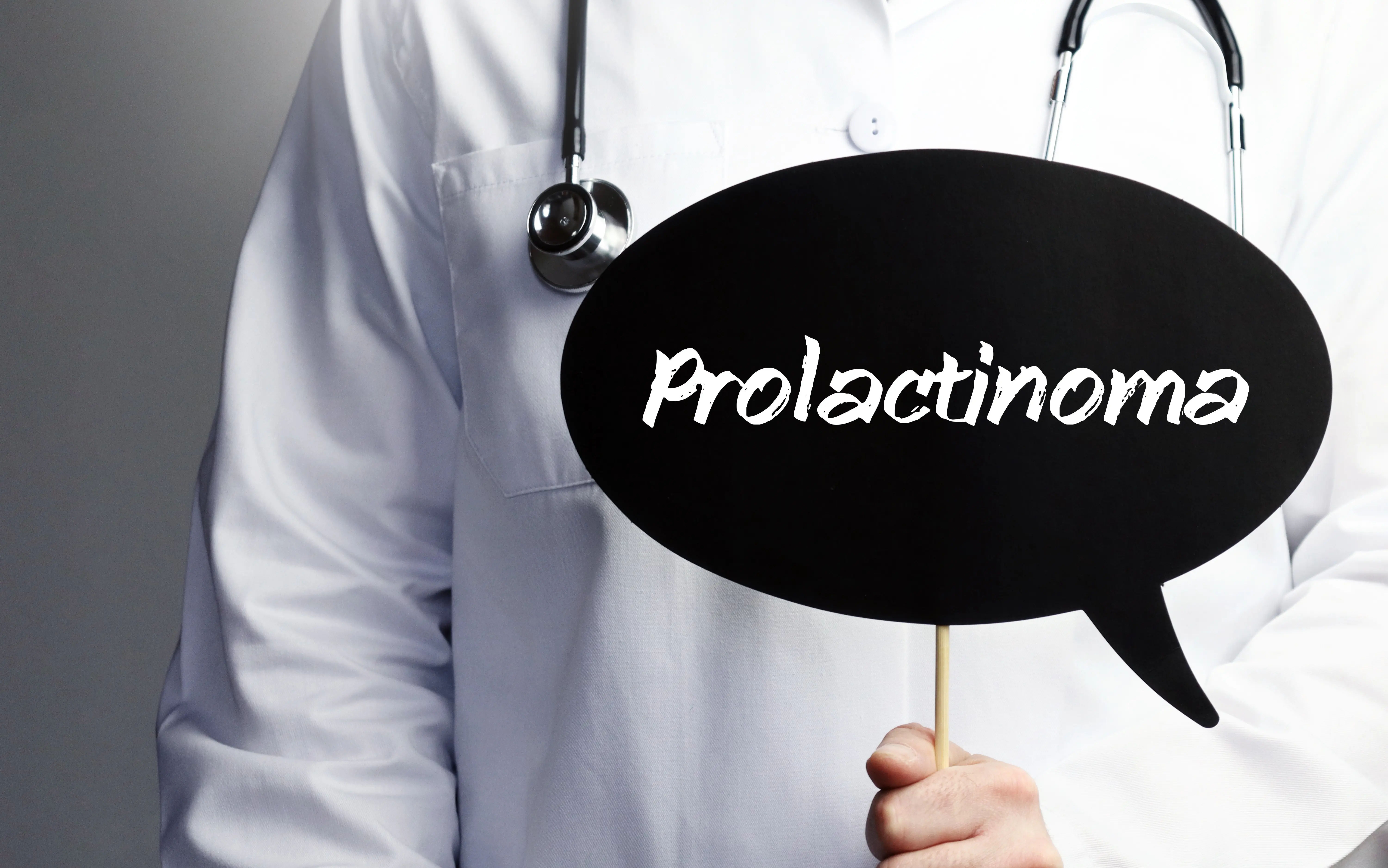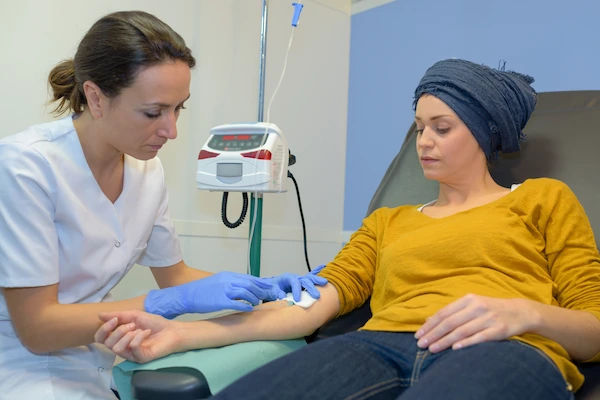Your Chemotherapy Journey: A Practical Guide to the 4 Key Things You Must Know
A practical guide to chemotherapy: understand your treatment, prepare your body and life, manage side effects, and nurture your mental well-being for a more empowered cancer journey.

Written by Dr. M L Ezhilarasan
Reviewed by Dr. J T Hema Pratima MBBS, Fellowship in Diabetes Mellitus
Last updated on 13th Jan, 2026

Starting chemotherapy is a significant step in your cancer treatment journey. It’s normal to feel a mix of hope and anxiety. While your medical team will provide crucial clinical information, being prepared for the practical and emotional aspects can make a profound difference in your experience. This guide goes beyond the basics to outline the four fundamental areas you should focus on: understanding your treatment, preparing your body and life, managing side effects proactively, and nurturing your mental well-being. By empowering yourself with knowledge, you can approach your chemotherapy with greater confidence and control, transforming a daunting process into a manageable path toward healing.
Knowledge is Power: Understanding Your Treatment Plan
Walking into your first chemotherapy session without a clear understanding of what to expect can amplify anxiety. The single most important thing you can do is become an active participant in your care. This starts with asking the right questions and understanding the "why" and "how" behind your treatment.
Demystifying the Chemotherapy Process
Chemotherapy works by targeting rapidly dividing cells, a hallmark of cancer. However, it can also affect other fast-dividing cells in your body, which is the root cause of many side effects. Treatments can be administered in several ways: intravenously (IV) through a port or catheter, orally as pills, through injections, or topically. The setting—whether in a hospital, an outpatient clinic, or at home—will depend on the drugs used and your specific protocol. Understanding this basic mechanism helps demystify the process and explains why certain side effects occur.
Essential Questions to Ask Your Oncology Team
Your oncologist and nurses are your greatest allies. Don’t hesitate to come to appointments with a notebook and a list of questions. This ensures you cover all your concerns and helps you feel more in control.
Questions About the Drugs & Schedule
What is the goal of this chemotherapy regimen? (Is it curative, to control growth, or to relieve symptoms?)
What are the names of the drugs I will be receiving?
How long will each infusion session last?
What is the total length of my treatment plan (e.g., 6 cycles over 18 weeks)?
Questions About Side Effects & Management
What are the most common side effects of these specific drugs?
Which side effects are considered urgent, and when should I call you immediately?
What medications will you prescribe to prevent or manage side effects like nausea?
If your condition does not improve after trying these methods, book a physical visit to a doctor with Apollo24|7 for further evaluation.
Consult Top Specialists Here
Questions About Logistics & Support
Can someone accompany me to my appointments?
What resources (like nutritionists, social workers, or mental health professionals) are available at this facility?
Who is my primary point of contact for non-emergency questions?
Preparing Your Body and Your Life for Treatment
Think of preparing for chemotherapy like training for a marathon. You want to strengthen your body and organise your life to handle the physical demands ahead. A little preparation can significantly impact your resilience and comfort.
Pre-Chemo Health Optimisation: Diet, Exercise, and Dental Care
Nutrition: Focus on building a nutrient-dense foundation. Incorporate lean proteins (for cell repair), complex carbohydrates (for energy), and healthy fats. Apollo24|7 offers convenient home collection for tests like vitamin D or HbA1c to establish a baseline if needed. It’s also wise to see a dentist for a check-up and cleaning to address any potential sources of infection before your immune system becomes compromised.
Exercise: If you are able, engaging in light to moderate exercise like walking or yoga can improve your stamina and mood. Consult your doctor about a safe pre-treatment exercise plan.
Organising Your Support System: It Takes a Village
You will need help, and that’s okay. Before treatment begins, organise a support network. Designate a primary point person to coordinate meals, rides to appointments, and childcare. Use online tools or group chats to keep everyone updated without you having to repeat information. This practical cancer care support is invaluable for reducing daily stress.
The "Go-Bag": What to Pack for Chemo Day
Infusion sessions can last several hours. Pack a comfortable "go-bag" to make the time pass more pleasantly. Essential items include:
A warm sweater or blanket (infusion rooms can be cold)
A bottle of water and light snacks
Entertainment: books, tablet with headphones, music, or a podcast
Comfort items: a neck pillow, lip balm, and hard candy to manage metallic tastes
A notebook to jot down questions or notes
Navigating Side Effects: From Common to Less Known
Side effects are a major concern for anyone starting chemotherapy, but it's crucial to remember that they vary greatly and are often manageable. Being proactive is the best strategy.
Proactive Management of Fatigue and Nausea
Fatigue is arguably the most common side effect. Combat it by listening to your body—rest when you need to, but also try to incorporate gentle activity, as it can actually boost energy. For nausea, take prescribed anti-nausea medications before you feel sick, as prevention is more effective than treatment. Small, frequent meals of bland, easy-to-digest foods (bananas, rice, toast) are often better tolerated than large meals.
Caring for Your Changing Body: Skin, Hair, and Nails
Skin: Your skin may become dry, sensitive, or more prone to sunburn. Use fragrance-free moisturisers and a high-SPF sunscreen.
Hair Loss: Not all chemo causes hair loss, but if it does, consider cutting your hair short beforehand. Look into scalp cooling caps, which may reduce hair loss for some regimens. Be gentle with your scalp.
Nails: Nails may become brittle or discoloured. Keeping them short and clean can prevent snagging and infection.
Protecting Your Immune System: Understanding Neutropenia
Chemotherapy can lower your white blood cell count (neutropenia), making you highly susceptible to infections. This is a critical aspect of side effect management. Practice meticulous hygiene: wash hands frequently, avoid crowds and sick people, and cook all foods thoroughly. If symptoms like a fever over 100.4°F (38°C) occur, this is a medical emergency, and you should contact your doctor immediately or consult a doctor online with Apollo24|7 for immediate guidance.
Nurturing Your Mind and Spirit
The physical challenge of chemotherapy is often accompanied by a significant emotional and mental burden. Prioritising your psychological health is not a luxury—it's an essential part of your treatment.
Addressing "Chemo Brain" and Emotional Health
"Chemo brain" refers to cognitive changes like memory lapses or difficulty concentrating. Be patient with yourself. Use tools like calendars, lists, and reminders on your phone. Emotionally, it's normal to experience anxiety, sadness, or fear. Don't suppress these feelings. Acknowledge them and seek healthy outlets, whether through talking with a trusted friend, journaling, or seeking professional emotional support during cancer treatment.
Finding Your Community: Support Groups and Counselling
Connecting with others who are on a similar journey can be incredibly validating. Support groups, either in-person or online, provide a space to share tips and feelings with people who truly understand. Individual counseling with a therapist specializing in oncology can provide you with coping strategies tailored to your experience.
The Importance of Gentle Movement and Mindfulness
Activities like gentle yoga, tai chi, or short walks in nature can reduce stress and improve mood. Mindfulness meditation or deep-breathing exercises can also be powerful tools for managing anxiety and pain perception. These practices help center you in the present moment, reducing worries about the future.
Conclusion
Embarking on a chemotherapy journey is undoubtedly challenging, but it is a path paved with hope and modern medical support. By focusing on these four key areas—gaining knowledge, preparing practically, managing side effects, and nurturing your spirit—you move from a passive patient to an empowered active participant in your healing. Remember, this experience is unique to you. Listen to your body, lean on your support system, and maintain open communication with your healthcare team. Every step you take, no matter how small, is a step forward. You have the strength to navigate this chapter, and with the right preparation and mindset, you can face it with resilience and grace. If at any point you feel overwhelmed by symptoms or your emotional state, remember that support is available. You can consult a specialist online with Apollo 24|7 to discuss any concerns from the comfort of your home.
Consult Top Specialists Here
Consult Top Specialists Here

Dr Gowshikk Rajkumar
Oncologist
10 Years • MBBS, DMRT, DNB in Radiation oncology
Bengaluru
Apollo Clinic, JP nagar, Bengaluru

Dr.sanchayan Mandal
Medical Oncologist
17 Years • MBBS, DrNB( MEDICAL ONCOLOGY), DNB (RADIOTHERAPY),ECMO. PDCR. ASCO
Kolkata
Dr. Sanchayan Mandal Oncology Clinic, Kolkata

Dr. Sanchayan Mandal
Medical Oncologist
17 Years • MBBS, DNB Raditherapy, DrNB Medical Oncology
East Midnapore
VIVEKANANDA SEBA SADAN, East Midnapore

Dr. Gopal Kumar
Head, Neck and Thyroid Cancer Surgeon
15 Years • MBBS, MS , FARHNS ( Seoul, South Korea ), FGOLF ( MSKCC, New York )
Delhi
Apollo Hospitals Indraprastha, Delhi
(25+ Patients)

Dr. Ruquaya Ahmad Mir
Surgical Oncologist
20 Years • MBBS, DNB
Delhi
Apollo Hospitals Indraprastha, Delhi
(25+ Patients)
More articles from Cancer
Frequently Asked Questions
1. How long after starting chemotherapy do side effects typically begin?
Side effects can start within a few hours after the first infusion or may take a few days to appear. It varies greatly depending on the specific drugs. Nausea and fatigue often begin early, while hair loss typically starts 2-4 weeks after the first treatment.
2. Can I continue working while undergoing chemotherapy?
Many people can continue working, but often with adjustments. This depends on your job's physical demands, your energy levels, and the severity of your side effects. Discussing a flexible schedule or working from home with your employer is a common approach.
3. Are there any foods I should completely avoid during treatment?
Yes, to reduce infection risk, it's generally advised to avoid raw or undercooked meat, fish, and eggs; unpasteurized dairy products; and unwashed fruits and vegetables. Your oncology team will provide a detailed list of dietary guidelines for chemotherapy patients.
4. Is it safe to be around children and pets after a treatment session?
For a few days after treatment, when your immune system is at its lowest, it's wise to be cautious. It's generally safe to be around healthy children and pets, but practice strict hygiene. Avoid contact with animal waste and ensure pets are vaccinated. Always wash your hands thoroughly.
5. What is the 'chemo port' I've heard about, and is it necessary?
A port-a-cath (or port) is a small device implanted under the skin, usually in the chest, that connects to a vein. It makes IV chemotherapy easier and less painful than repeated needle sticks. It's not always necessary but is highly recommended for longer-term treatments. Your doctor will advise if it's right for you.



.webp)
